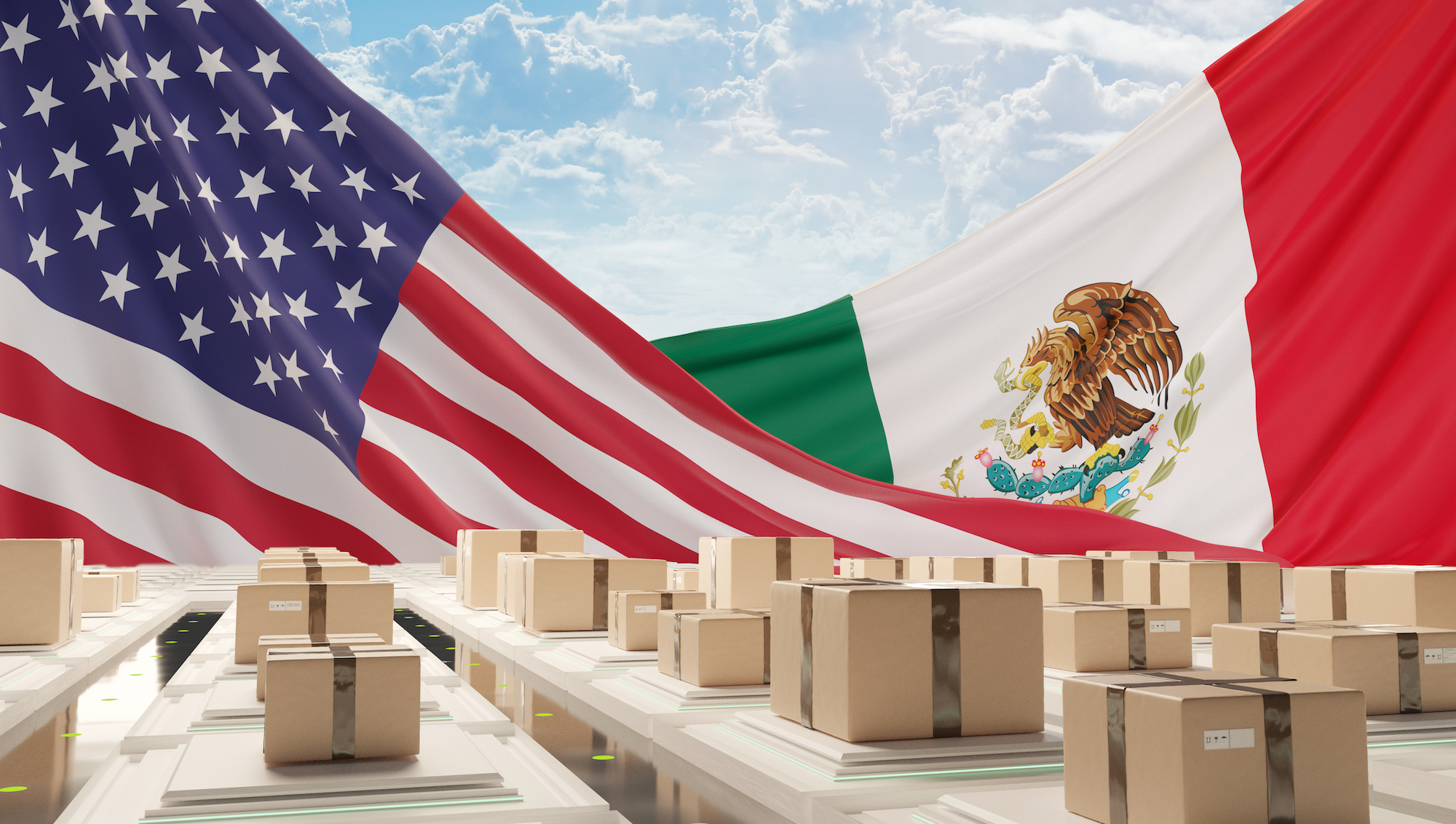
Mexico is one of the United States’ biggest trading partners. Every day, there are about $1.7 billion in products and services crossing the U.S.-Mexico border. The relationship between the two nations cannot be emphasized enough, and it’s why trading agreements such as NAFTA and the most-recently-negotiated USMCA (United States Mexico Canada Agreement) made top news and ruffled political feathers when it was threatened. As these trade agreements were negotiated, the importance of the Mexican market was once again highlighted here at home.
The importing process, of course, is another matter altogether, and one that requires a hefty amount of paperwork, understanding of laws and regulations, and customs clearance processes.
Here’s what you need to know about importing goods from Mexico.
If you’re looking for a customs broker in El Paso to help you import goods from Mexico, the Cordova Brokerage team is there to help. Headquartered in El Paso, Texas, we know the border regulations inside and out!
Importing Goods from Mexico
Mexico is the second-largest supplier of goods for the United States. According to the most recent data, Mexico’s trade accounted for about 671.1 billion in 2018, which tallied up to more than the total trade with our northern neighbor Canada. The biggest categories of goods coming in through our Southern border include:
- Vehicles
- Electrical machinery
- Agricultural products
- Mineral fuels
- Optical and medical equipment
What You Need to Consider When Importing Goods
When talking about international trade—imports or exports—companies and businesses should note that every country is different. A lot of factors play when looking at important goods in the United States, all of which should be understood to avoid setbacks or loss of revenue.
Factors to consider are:
- Regulations of what you can and cannot import into the United States
- Tariffs on goods and where you import them from
- The time and the cost of transportation
- Other regulatory hoops
Key Facts About Importing Goods from Mexico
Many importers like working with Mexico as a country of origin for their goods because of the friendly relations and trade agreements between the two nations. Some of the benefits of importing from Mexico include:
- Reduced or waived import duties. Consider import duties as an additional tax that a company must pay to customs authorities as a rate in addition to any goods coming in from other countries. Authorities calculate this duty with a percentage of the total value of the goods or the weight of the goods. Imports from Mexico, by contrast, do not have import duties.
- Faster turnarounds. The proximity of Mexico to the United States reduces the turnaround time. Overseas imports, for example, have to account for a long transportation time from the moment the order is put in when it arrives in U.S. ports. The reduction in transport time can translate to more efficient orders and a major benefit to those working under fast fulfillment timelines, dealing with supply chain issues, etc.
- Expedited communication. When working with international partners and companies, communication is key to ensuring the smooth flow of goods and payments. Because of Mexico’s geographical proximity, the time zones are very much lined up. The fact that Mexico and the United States share time zones make communication back and forth easier and more reliable.
- Decreased transportation costs. The geographical location of Mexico just south of the border also reduces the physical distance that goods need to travel. By having imported goods travel a shorter distance, costs associated with transportation are significantly reduced.
- Stable national relations. Mexico and the United States have amicable and working political and social relations, as well as trade relations. When countries have volatile relations, it can make the market less stable and subject to new tariffs, taxes, or stringent regulations.
Other Things to Note
Despite the stable relations between the two countries, there is still a long list of rules and government regulations that companies must follow when importing goods from Mexico. For example:
- The most commonly used import document from Mexico is the Customs Declaration Form for customs clearance. Mexico requires this completed document to be accompanied by a commercial invoice, a bill of lading, payment documentation, and more.
- All Mexican importers are required to register with the Official Register of importers.
- If you are exporting to Mexico, it’s worthy to note that Mexican customs regulations are strict and require absolute compliance.
- Products that qualify under the USMCA agreement will typically require a set of nine data elements in order to pass through as USMCA authorized products.
Thinking of Importing Goods from Mexico, Find a Trusted Customs Broker to Guide You
The job of a customs broker is to help clients move through the customs process effectively and in full compliance. Whether you are importing from Mexico or another country, the rules and regulations might differ, and understanding of paperwork and required documentation your goods can arrive on time and without added fees or penalties.
Want to learn more about how to effectively import goods from Mexico? Contact Cordova Brokerage for expert guidance and advice.



